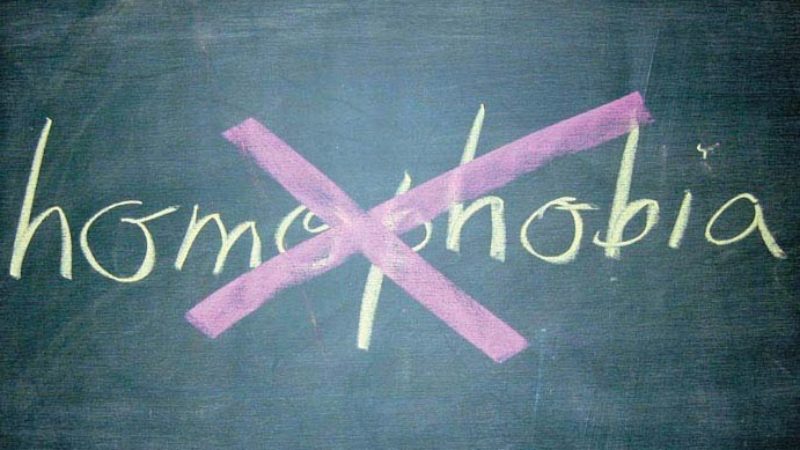
This year has been a significant one for the LGBT community in many ways and we have seen a huge amount of column inches and airtime covering LGBT equality issues.
Largely unnoticed in all this was 2 significant anniversaries, firstly the 25th anniversary of the introduction of Section 28 by Margaret Thatcher’s government and the tenth anniversary of its repeal by the last Labour government.
These anniversaries probably deserved more attention than they got but in the light of significant achievements in LGBT rights of the last 15 years and the legislation on equal marriage this year it’s no surprise they were missed, viewed as part of our less enlightened past and more as a touchstone with the laws now being enacted in Russia.
All that changed this week when the spotlight fell very firmly back on Section 28 as it became clear that some schools had their own localised versions of the law. At first it emerged that 3 or 4 schools had this policy, but within a few days that was into double-figures and the most recent reports following investigations by the British Humanist Association shows that at least 45 schools are now involved. It was quite a shock to see a national newspaper running the headline ‘The Return of Section 28’.
We shouldn’t forget the impact and toxic effect that Section 28 had. It was a significant attack on LGBT people and the message – written into law – was that we had (in the words of the legislation) ‘pretended family relationships’.
The spin was that this was to protect children from ‘promotion of homosexuality’. The reality was that it was designed to stop any mention of the existence of gay people, part of a backlash against a growing confidence of LGBT people to be open and honest about their lives. The impact was a generation of schoolchildren who were denied any knowledge of the existence of LGBT people, any proper education on relationships; with LGBT pupils forced into the closet and teachers too fearful of the law to deal with the issue or provide proper support and advice. It was a charter for bullying that lead to young LGBT people being left isolated and fearful.
As Sir Ian McKellen said
“If Section 28 and the attitudes behind it had remained then society would still believe that gay people are second class citizens and that it is right that they should be treated as second class citizens.”
The Department for Education has commented that whilst schools can draw up their own sex education policy they should not discriminate on grounds of sexual orientation but what has now emerged, however, is that the DfE has changed its own guidance to delete protections for transgender people in education. References to gender identity have been deleted from new drafts of the National Curriculum guidelines. This removes any official support for transgender pupils and recognition that schools should protect and support trans pupils and staff.
The only response the DfE have been able to offer to this to Gay Star News is ‘Teachers are best-placed to understand the needs of their pupils and to tailor their programme to reflect the needs of their pupils’. Many teachers and schools indeed will be, but as we can see from the new Section 28 issue many schools will not and this is putting trans pupils at risk.
Bullying in schools remains a big issue and despite the moves forward on LGBT rights there remains lots of work to be done. But unlike the days of Section 28 many schools do understand this and are prepared to tackle the issue working with campaigners like LGBT Labour’s Natacha Kennedy, who’s been leading work on helping schools properly support and understand gender issues, and with organisation’s like Stonewall and their important education programmes.
So far no Government minister has commented. David Cameron opposed the repeal of Section 28 ten years ago but subsequently apologised for it. If he wants to prove that he meant that apology and it was more than just an attempted to wipe the stain of prejudice from his party’s record he and his education secretary need to act. These attempts at reinstating Section 28 by the back door must be quashed and his government’s education guidance needs to be clear and explicit that all pupils and staff are protected from discrimination irrespective of sexual orientation or gender identity.
The DfE and schools can’t pick and choose and if they fail on this we risk returning to an era we all thought had long been consigned to political history.




More from LabourList
‘I spent years telling workers the law couldn’t help them – that has changed’
Josh Simons resigns as Cabinet Office minister amid investigation
‘After years of cuts, Labour’s local government settlement begins to put things right’